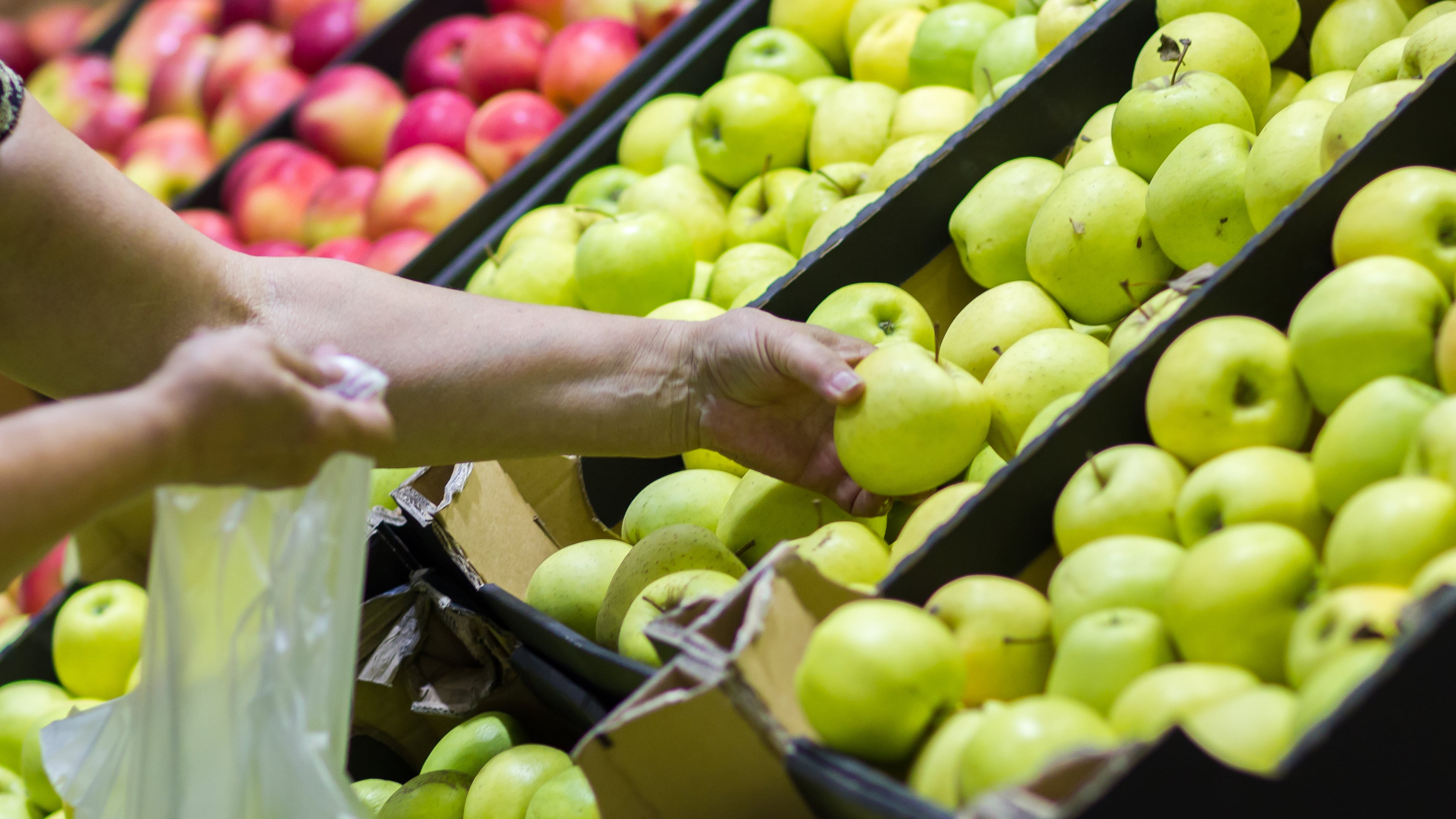How to prepare for tariffs, according to a Georgia economist

Summer is winding down, and with it comes a return of the worries we’ve set aside all season. Whether it’s the challenges of a new school year, unfinished home projects, or looming deadlines at work, the easygoing vibe of summer often lets us forget about the stresses waiting in the months ahead.
But this year feels different. For many households across the country, one concern stands above the rest as fall approaches: the rising impact of tariffs.
“Each household will have to suffer real income loss, about $2,100, in 2025,” said Kaiji Chen, an economics professor at Emory University.

According to the Yale Budget Lab, the overall effective tariff rate for American consumers is at 18.6%. This is the highest rate since 1933, meaning imported products are now much more expensive than usual. As a result, overall prices are expected to rise by 1.8% because of the tariffs. This includes everyday items.
“It will impact the price level and the real effective income of households,” Chen said.
Inflation is up, according to Chen, at 2.6% in July, compared to the Federal Reserve Bank’s estimation of 2%.
He’s already noticed clear signs of inflation — like the price of his lunch at Emory rising since May — which he says signals a future “erosion of the household and its true purchasing power.”
But Chen says panicking is not the answer. Instead, there are practical steps you and your household can take to navigate the impact of these tariffs and get through this economic downturn together.
Defer large purchases
During times of economic uncertainty, the big ticket items that you may have been planning to purchase do not go away. If possible, hold off on buying them until prices decrease or things get a bit more stable.
You may want to replace your 10-year-old refrigerator with a new one, “but with the higher prices, you probably want to defer that,” Chen said.
According to Chen, items like automobiles and electronic appliances should not be purchased during this period unless it is an absolute necessity. “Defer some of the purchases of durable goods,” he said.
Construction will likely go down during this period, so people looking to buy new homes should also be wary before moving forward.
People can also expect increases in the prices of clothing and other discretionary items, so Chen suggests being cautious with your spending.
Find alternatives for essential goods
Some items can’t be deferred until a later season. Groceries, in particular, are typically bought on a week-to-week basis, although they are expected to experience the same price increases as other goods this fall.
Chen recommends relying on locally produced groceries, as those will be less affected by tariffs. However, just because something was produced in the United States does not mean it won’t be affected by price increases, because parts of the supply chain may still be affected.
It is also better to buy in-season produce during economically precarious times. In-season fruits and vegetables are more abundant and easier to grow or harvest, giving them a lower price tag.
You may have to reexamine how you consume certain grocery store items. For example, beef prices now are higher than usual, rising 11.5% for ground beef and 12% for steak over the last year.
Instead of buying beef, consider switching to alternative cuts of meat or even opting for more poultry items.
While shopping during this period, think through the items you are putting into your cart. If certain items have gone bad in your fridge recently, consider taking them off the list or buying them less to reduce waste and excess spending.
Increase precautionary saving
Over the summer, many people prioritized experiences — from concerts and vacations to simple pleasures — often putting savings on the back burner. But with rising prices driven by new tariffs, that carefree spending may soon need a reality check.
According to Chen, tariffs will “erode” people’s savings, so it’s more important than ever to focus on boosting them.
“On the individual perspective, I would suggest the household should increase precautionary savings, especially because of tariff uncertainty,” Chen said.
Precautionary saving refers to reducing your general consumption in order to make sure you have more saved in the bank, especially when facing economic downturns or uncertainty.
Since the full effects of the tariffs are only beginning to show, it’s still unclear how much they will impact the overall economy. However, the best — and most practical — step you can take is to ensure your household is prepared for potential changes ahead.


